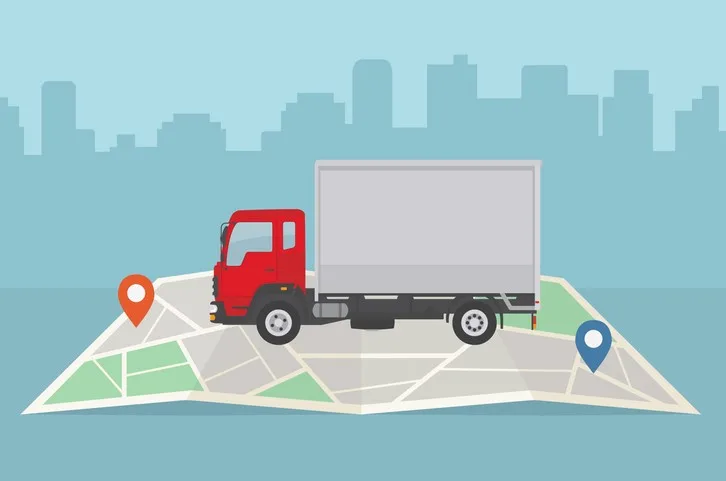Local moves and long-distance moves involve a lot of the same factors but also have key differences. If you have a move coming up, it is important that you gain an understanding of the major differences between local and long-distance relocations. Doing so will ensure that you are effectively able to plan and budget for your relocation and enjoy a smooth, successful moving day.
How to Determine if You are Moving Locally or Long-Distance
One of the primary differences between local and long-distance moves is, of course, the mileage involved in the move. In general, local moves are within 50-100 miles of your current residence, while anything above 100 miles will usually be considered a long-distance relocation. Interstate moves (moving to a new state) will also usually fall into the long-distance moving category, even if the mileage involved is not very large.
How to Budget for Local Moves v. Long-Distance Moves
It is probably no surprise that the distance involved in a move plays a crucial role in the final cost of your relocation and that long-distance moves tend to be pricier than local ones. However, there are still other considerations when it comes to local v. long-distance moving costs, which will help you budget for your move:
- Local Moves: Local moves involve fewer resources and less labor than long-distance moves. Therefore, they tend to cost less and are often priced by the hour. You can expect a local relocation to take about 3-5 hours. You will be charged for the time the movers spent, along with travel fees for vehicles involved in transporting your things. On average, a local move costs about $1,400.
- Long-Distance Moves: Long-distance moves utilize more resources and movers, and therefore, cost more than local moves. The cost of your move will most likely be determined by the weight of your items and the distance you are traveling. The average cost of a long-distance relocation is $3,500.
Planning, Coordination, and Logistical Differences for Local Moves v. Long-Distance Moves
Moving requires extensive planning when it comes to packing, coordinating, logistics, and more. Between lining up resources, ensuring that everything is packed safely and on-schedule, and managing logistics, moving can be a busy season whether you are relocating locally or long-distance. However, it is important to note that long-distance moves are often more complex in the planning stage than are local moves. For a long-distance move, you will want to hire your movers about 6-12 weeks prior to moving day to give them plenty of time to coordinate vehicles and moving crews. You should also plan to to pack and make travel arrangements and other moving day arrangements (including childcare and pet care) sooner than you might for a local relocation.
Contact Us for Help with Your Local or Long-Distance Move
When it comes to moving, it helps to understand the differences between everything involved in local and long-distance moves. It also helps to have the skilled assistance of a qualified team of movers like the ones at Weleski Moving & Storage. Our local and long-distance relocation specialists have over a century of experience serving clients in Pittsburgh and Cleveland.
During our many years in business, we have maintained a BBB accreditation, built an impeccable reputation, and helped thousands of customers enjoy stress-free moves. We would be delighted to help make your upcoming moving day a breeze with our tailored moving packages and quality moving amenities. Reach out today to get started with a free quote.





